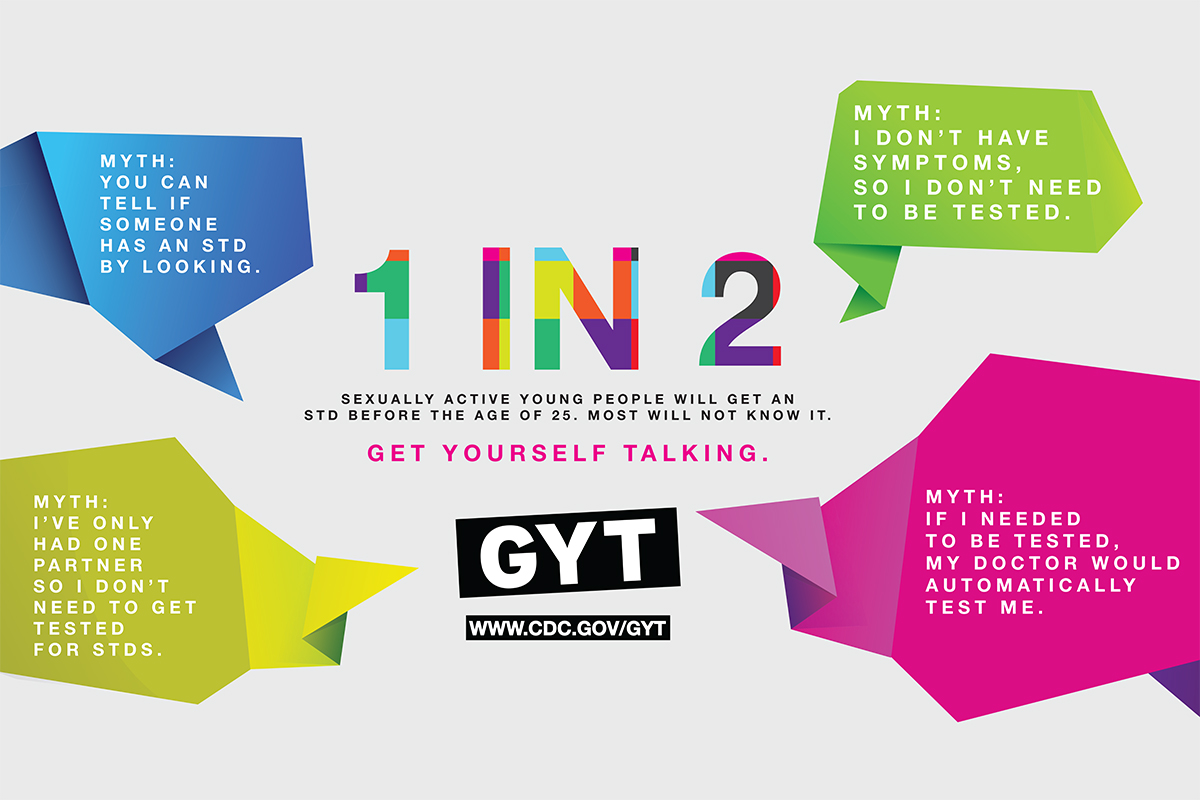Unprotected sexual contact between individuals has been shown to increase the likelihood of contracting infections commonly referred to as sexually transmitted diseases (STDs). Sexually transmitted infections (STIs), also referred to as a venereal disease (VD), can be transmitted between partners in a variety of ways, including oral sex. Sexually transmitted diseases do not discriminate affecting men and women, and unborn children run the risk of being infected, as STDs can pass from a mother to a child. Often partners do not know they are carrying infections because symptoms are not present, or the symptoms are easily confused with something else.
Education and testing for sexually transmitted diseases and infections is essential to combating the problem. The Center for Disease Control recommends individuals get tested yearly, before starting a new sexual relationship, and or after engaging in risky behavior, unprotected sex. For more information on prevention strategies and treatment methods choose from a topic below. To talk to one of Community Health Connections’ healthcare providers, or to get tested, please call 918-622-0641 to schedule an appointment.
How to get tested.
Preventing STDs
Funding for this webpage was made possible by the Office of Population Affairs (Grant PA-FPH-16-036). The views expressed do not necessarily reflect the official policies of the Department of Health and Human Services; nor does mention of trade names, commercial practices, or organizations imply endorsement by the U.S. Government.



